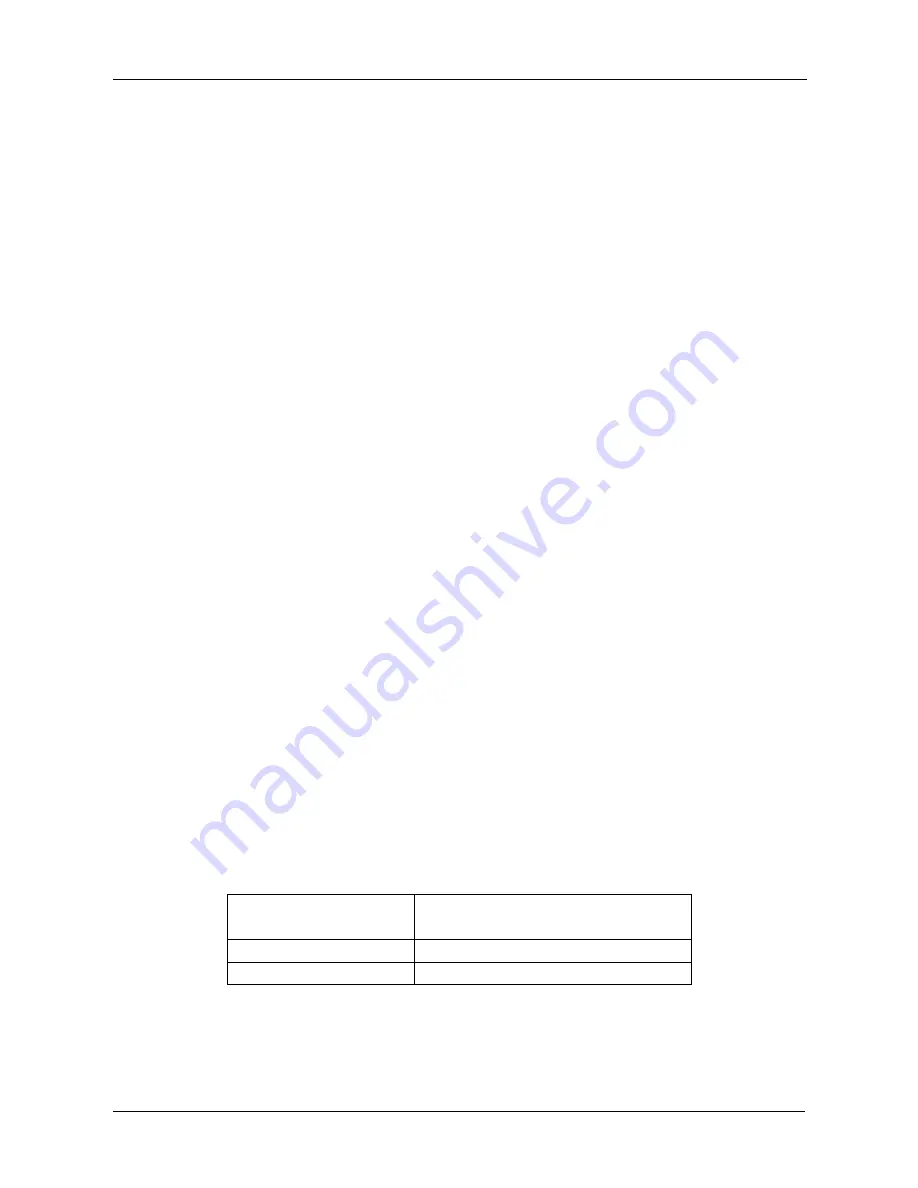
Midea R410A T3 Top-discharge Split Type Series 50Hz MCAC-UTSM-201501
81
Evacuate the vapor line, evaporator and the liquid line, to 500 microns or less.
Replace cap on service ports. Do not remove the flare caps from the service ports except when
necessary for servicing the system.
Do not connect manifold gauges unless trouble is suspected. Approximately 3/4 ounce of
refrigerant will be lost each time a standard manifold gauge is connected.
Release the refrigerant charge into the system. Open both the liquid and vapor valves by
removing the plunger cap and with a hex wrench back out counter-clockwise until valve stem
just touches the chamfered retaining wall.
Replace plunger cap finger tight, then tighten an additional 1/12 turn (1/ hex flat). Cap must be
replaced to prevent leaks.
Never attempt to repair any brazed connections while the system is under pressure. Personal
injury could result.
After the pipes between the indoor unit and the outdoor unit are connected, replenish
compressed nitrogen to perform airtight test.
The airtight test is performed by using the compressed nitrogen, 2.94MPa (30kg/cm
2
G).
Leak test with a bubble type leak detector. Do not use the system refrigerant in the outdoor
unit to purge or leak test.
Tighten the spool of the low pressure valve and high pressure valve before compressing the
nitrogen.
Compress the nitrogen at the air vent of the gas valve.
The low pressure valve and high pressure valve are closed in the process of compressing
the nitrogen.
Do not
use oxygen, flammable gas or toxic gas in the airtight test.
Vacuum
Length of connective pipe
(Single pass)
Procedure of expelling air
Less than 5m
Use refrigerant in the outdoor unit.
5~15m
Use vacuum pump or refrigerant tank.
Note: If the air conditioner is relocated, be sure to use a vacuum pump or refrigerant tank to expel air.
















































